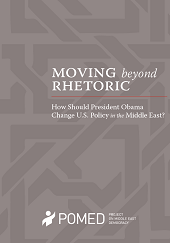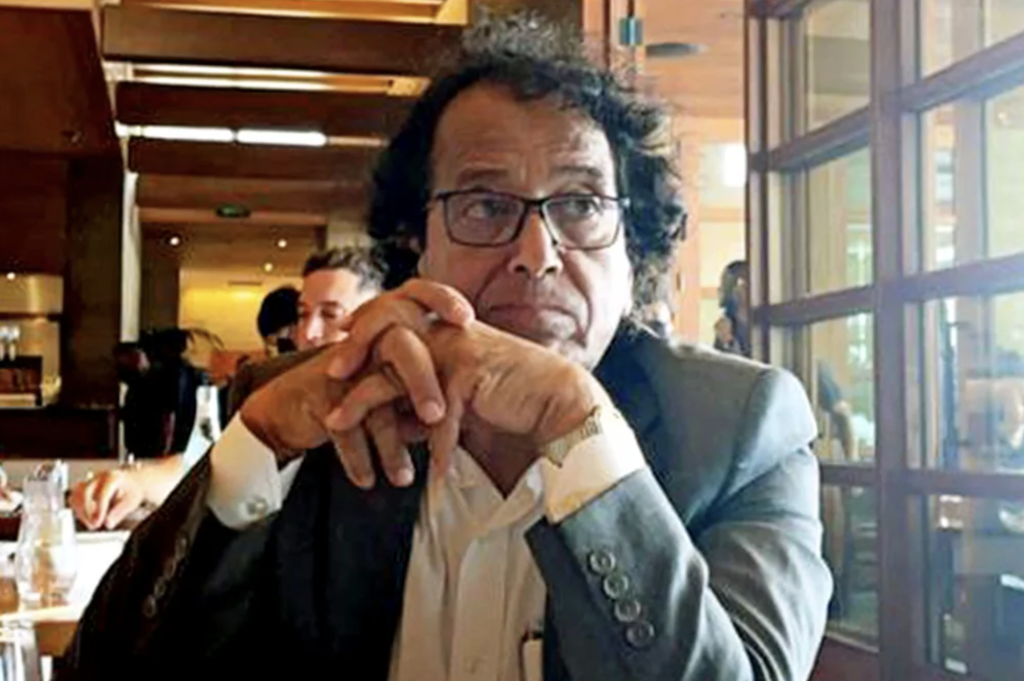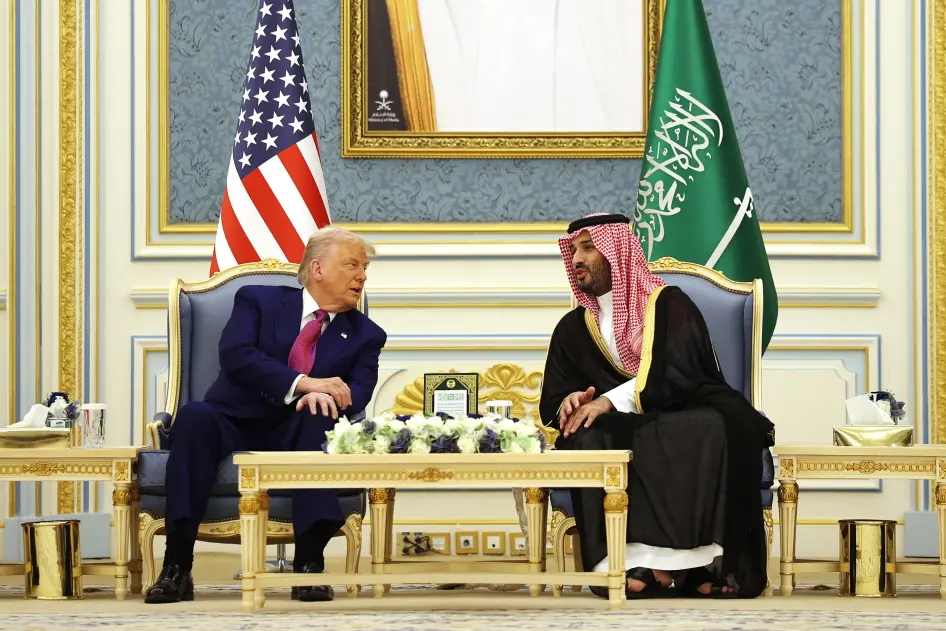For a full text copy of the report, click here.
When President Barack Obama took office four years ago, we at the Project on Middle East Democracy urged him to speak clearly to the people of the Middle East to signal meaningful changes to the policy approach of the United States toward that region. Early on, he did exactly that, promising in his first inaugural address and his major June 2009 speech in Cairo to “seek a new way forward” in U.S. relations with the region, based on “mutual interest and mutual respect.” Such rhetoric was initially received with enthusiasm across a region eager for real change, but soon became viewed as empty words not backed up by substantive policy. Following the historic changes that have swept the region since early 2011, the U.S. administration has responded with similarly lofty rhetoric, again not fully reflected in policy.
As President Obama now embarks on his second term, it’s important to examine what concrete changes to U.S. policy are needed to fulfill the promise of his rhetoric. To this end, we at the Project on Middle East Democracy have asked fifteen leading foreign policy voices to address the following question: What is the most important policy change that President Obama should make in the Middle East during his second term?
We selected contributors represent a wide spectrum of backgrounds and perspectives: leading American academics, experts, and policy analysts, including former high-ranking officials from both Democratic and Republican administrations, as well as leading Middle Eastern voices from Egypt, Libya, Morocco, Palestine, Tunisia, and the United Arab Emirates. Unsurprisingly, they have produced an equally diverse set of responses—some focus on a particular policy challenge or on U.S. policy toward one specific country, while others make broader, thematic recommendations that apply to the entire region. Despite this variety, there are a few clear themes that recur throughout the responses:
Take Bold Steps: Avoid the timidity, caution, and “tinkering around the margins” that have thus far characterized the U.S. response to dramatic and historic changes. Take assertive steps to help influence the outcomes of transitions at this critical moment.
Engage More Broadly: Reverse the longstanding tendency of relying primarily on narrow, government-to-government relationships. Strengthen relationships with a diverse set of actors across the region—not just the new faces in power. Use Leverage and Incentives: Demonstrate a willingness to use leverage and offer concrete incentives to positively influence the actions of key actors in the region, including U.S. allies. Don’t just declare a desire or an expectation that governments will take constructive steps—clearly identify rewards and consequences to encourage such actions.
Other valuable advice contained within these responses includes the need for the administration to, on one hand, become more agile and better able to respond quickly to the rapid changes of a dynamic region, while on the other hand, demonstrate patience and not sacrifice long-term progress for the sake of short-term expediency.




